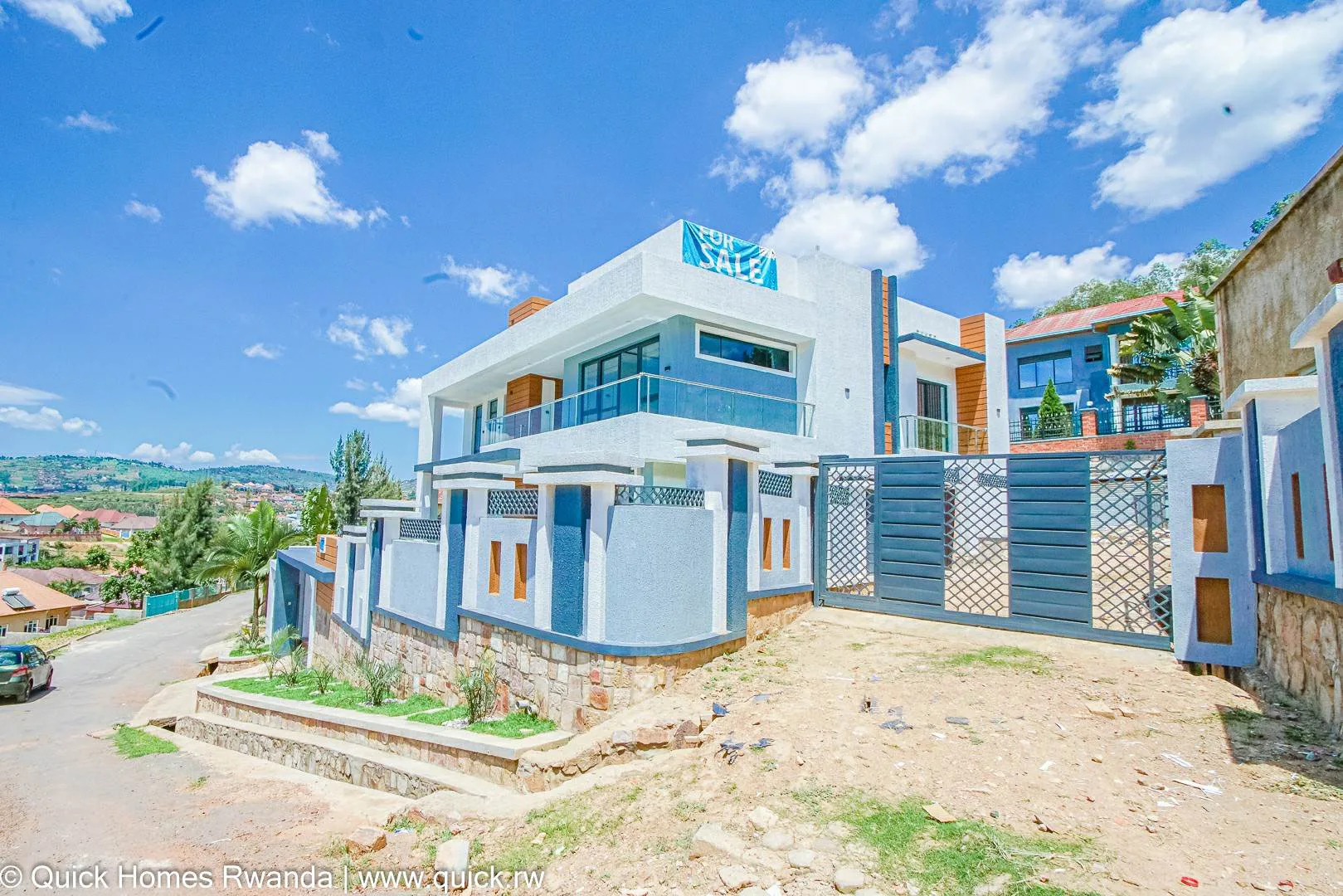
Rwanda Real Estate 101: What Buyers, Sellers, and Tenants Need to Know
In Rwanda, the burgeoning real estate sector presents both opportunities and challenges for buyers, sellers, tenants, and agents alike. The absence of a regulatory framework has led to a highly variable landscape where negotiation and understanding are key. As the Rwandan Association of Realtors (RWAREB) works to bring order and recognition to the industry, here’s what you need to know to navigate the market effectively.
1. The Importance of Verification
The real estate industry in Rwanda operates without stringent regulation, leading to a diverse range of service charges by agents and agencies. This variability underlines the importance of verifying the credibility of agents or agencies through organizations like RWAREB. Such a step ensures you’re engaging with recognized professionals committed to ethical practices, even in an evolving market landscape.
2. Understanding Terms of Service
Before embarking on property viewings or negotiations, always request and understand the terms of service. This clarity upfront saves time, prevents post-agreement stress, and ensures that both parties are on the same page regarding expectations and commitments. In Rwanda’s real estate scene, where service terms can vary significantly, this initial step is crucial for a smooth transaction.
3. Respecting the Process
Real estate agents in Rwanda, empowered to set their own fees, often reflect the hard work involved in curating property listings. As clients, understanding and respecting this hustle is vital. Whether you’re buying or renting, recognizing the effort behind each listing fosters a respectful and constructive relationship with your agent.
4. Commission Structures
Due to the lack of regulation, commission arrangements can vary widely, often leading to confusion about who pays the commission — the buyer or seller, tenant or landlord. It’s common for both parties in a transaction to pay a commission, which isn’t always a fixed percentage. Understanding the commission structure upfront, through clear terms of service, is essential to avoid surprises at closing.
Commission Rates in Rwanda
For sales transactions, sellers typically pay a commission ranging from 2% to 5%, while buyers contribute between 1% to 3% of the sale price. Rental transactions see landlords paying up to 50% of rental income for tenancies of 3 to 6 months, and a full month’s rent for longer leases. Tenants, on the other hand, may be charged between 20% to 50% of a month’s rent as commission.
Quick Homes Rwanda’s Approach
At Quick Homes Rwanda, we aim to provide clarity and fairness in our commission structure: 3% from sellers and 2% from buyers in sale transactions, and for rentals, landlords contribute 50% of the rental income for short-term leases or a month’s rent for longer terms, with tenants paying 40% of a month’s rate.
Embracing the Market’s Uniqueness
Rwanda’s real estate market, while imperfect, is on a path to improvement. The diversity and flexibility in practices reflect a market adapting to its own unique challenges and opportunities. For those engaging in this space, understanding, respect, and negotiation are key to successful transactions. Whether you’re a seasoned investor or a first-time buyer or tenant, embracing the nuances of Rwanda’s real estate market can open up a world of opportunities.


